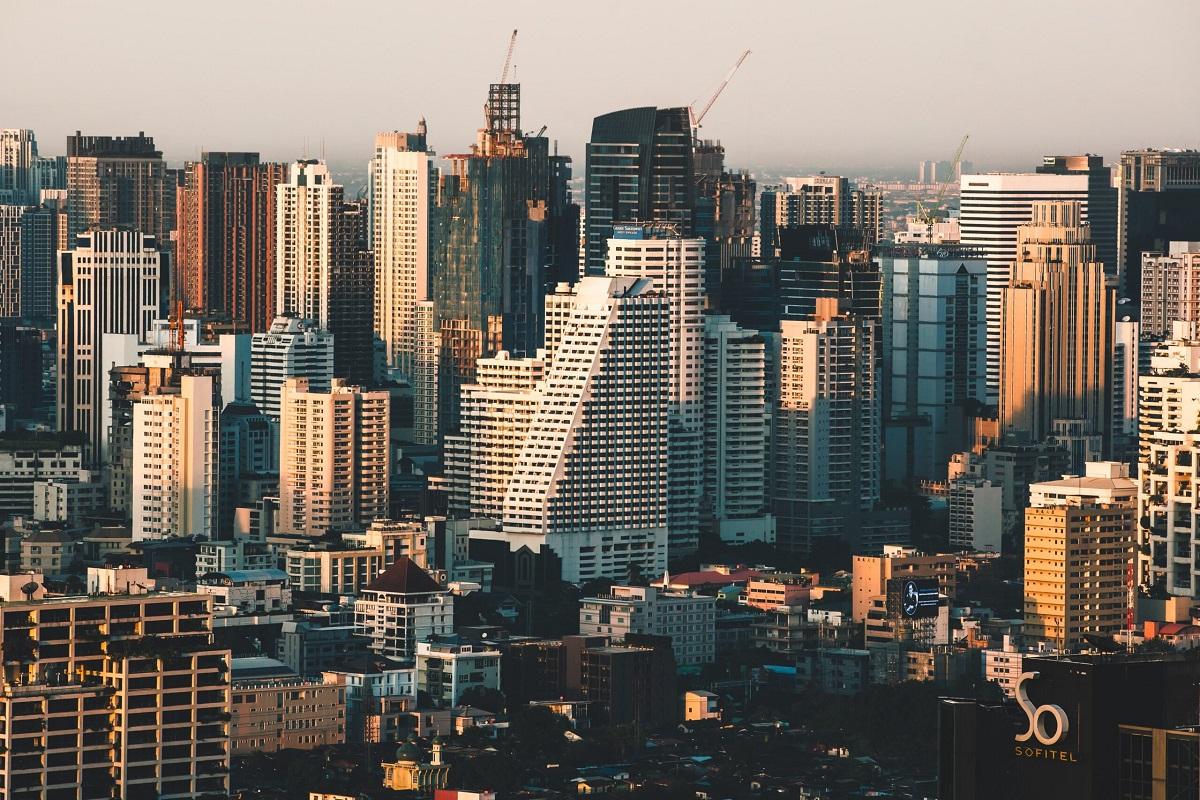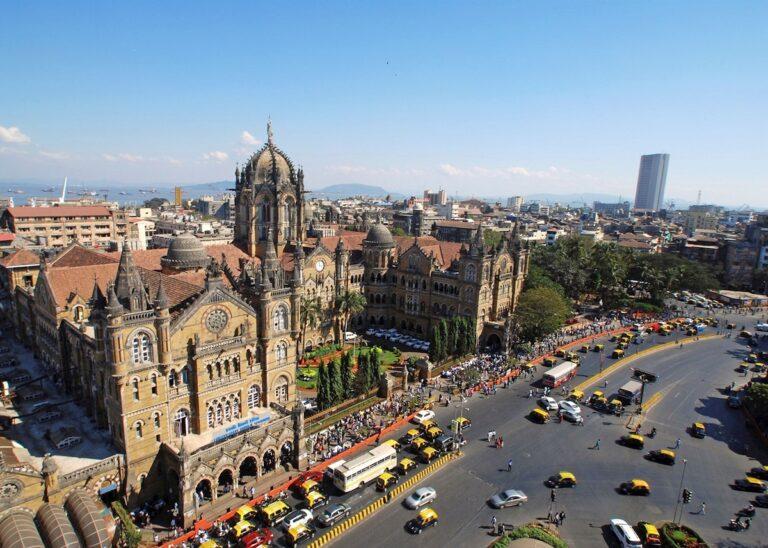Best Asian Countries to Relocate to
Relocating to a new country is a significant life decision that requires careful consideration of various factors. With its rich cultural diversity, booming economies, and varying lifestyles, Asia has become an attractive destination for expatriates looking for new opportunities or a change of scenery.
Whether you’re seeking a bustling city life, a serene countryside, or a tropical paradise, Asia offers a range of options that cater to different preferences and needs. In this article, we will explore the best Asian countries to relocate to.
Please Download Our Mobile App here.
Japan
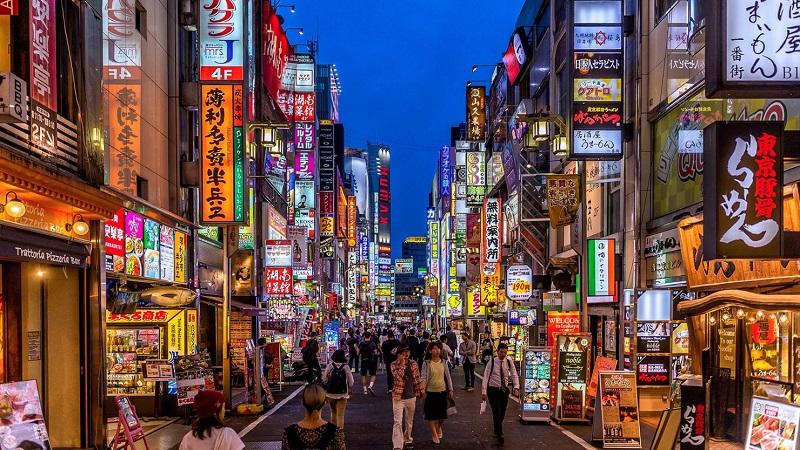
Japan is a country where ancient traditions blend seamlessly with modern innovation. It’s an excellent destination for those who appreciate culture, technology, and a high standard of living. The cost of living in Japan, particularly in cities like Tokyo and Osaka, can be high, but it comes with the advantage of world-class infrastructure, safety, and a well-organized public transportation system.
Tokyo, the capital, is known for its vibrant city life, but there are also quieter regions like Kyoto and Hokkaido that offer a more relaxed lifestyle. For relocation, Japan offers various visa options, including the highly sought-after working visa and a specific visa for those with highly skilled talents.
Japan is also famous for its cleanliness, respect for nature, and a low crime rate, making it one of the safest countries to live in. However, one should be prepared to embrace the local customs and language, as English is not widely spoken outside major tourist areas.
Singapore
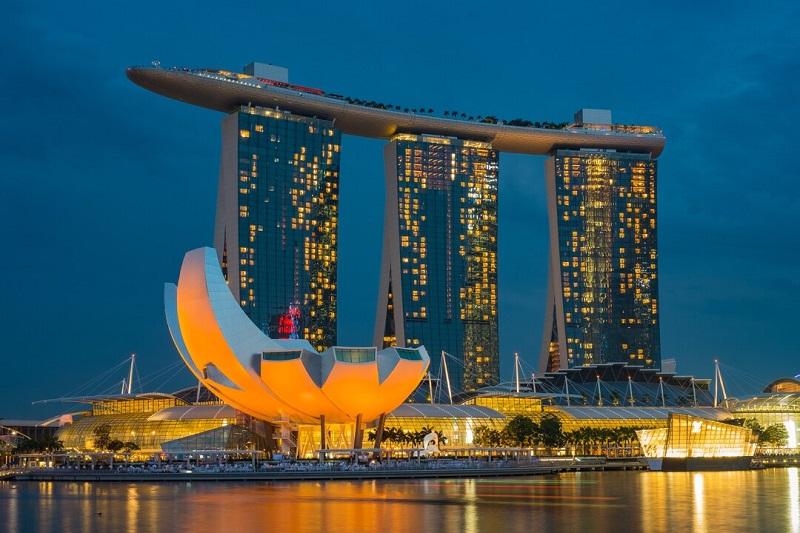
Singapore is often considered the gateway to Asia due to its strategic location and thriving economy. It is an ideal destination for professionals in finance, technology, and other high-growth industries. The city-state is renowned for its cleanliness, efficient public services, and a cosmopolitan lifestyle.
While Singapore has a relatively high cost of living, particularly in terms of housing, it offers excellent quality of life, with top-tier healthcare, education, and public safety. For those considering relocation, Singapore provides a variety of visa options, including the Employment Pass for skilled professionals and the Global Investor Program for entrepreneurs.
The country is also known for its cultural diversity, with a harmonious blend of Malay, Chinese, Indian, and Western influences. English is the official language of business, making it easier for expatriates to adapt. The government’s emphasis on maintaining a green and sustainable environment adds to Singapore’s appeal as a livable city.
Thailand
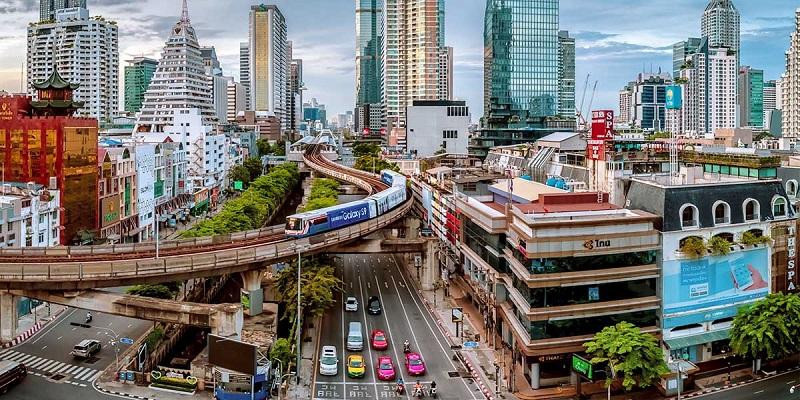
Thailand is a popular destination for expatriates due to its affordable cost of living, warm climate, and welcoming culture. Cities like Bangkok and Chiang Mai offer a vibrant lifestyle with modern amenities, while the islands and rural areas provide a slower, more relaxed pace of life. Thailand’s cost of living is significantly lower than in many Western countries, making it an attractive option for retirees and digital nomads.
Thailand offers various visa options, including the Retirement Visa for those over 50 and the Elite Visa, which provides long-term residency benefits. The country is also known for its excellent healthcare system, with many international-standard hospitals, especially in Bangkok. The friendly nature of the Thai people, combined with the country’s rich cultural heritage and stunning natural landscapes, makes Thailand a desirable place to live. However, the language barrier can be a challenge, as English is not widely spoken outside tourist areas.
Malaysia
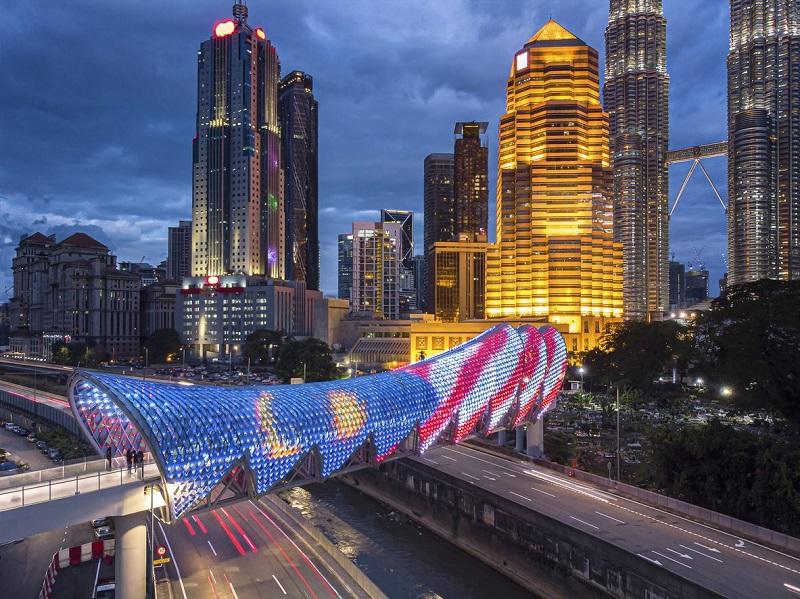
Malaysia offers a unique blend of cultures, with a mix of Malay, Chinese, Indian, and indigenous influences. The country is known for its diverse cuisine, beautiful landscapes, and relatively low cost of living. Cities like Kuala Lumpur and Penang provide a balance of urban and laid-back living, with modern infrastructure and rich cultural experiences.
For relocation, Malaysia offers the Malaysia My Second Home (MM2H) program, which is popular among retirees and those looking for long-term residency. The cost of living in Malaysia is quite affordable, particularly when it comes to housing and food.
The country is also known for its strong education system, making it a good choice for families. English is widely spoken, which makes the transition smoother for expatriates. Additionally, Malaysia’s strategic location in Southeast Asia makes it a convenient base for exploring the region.
South Korea
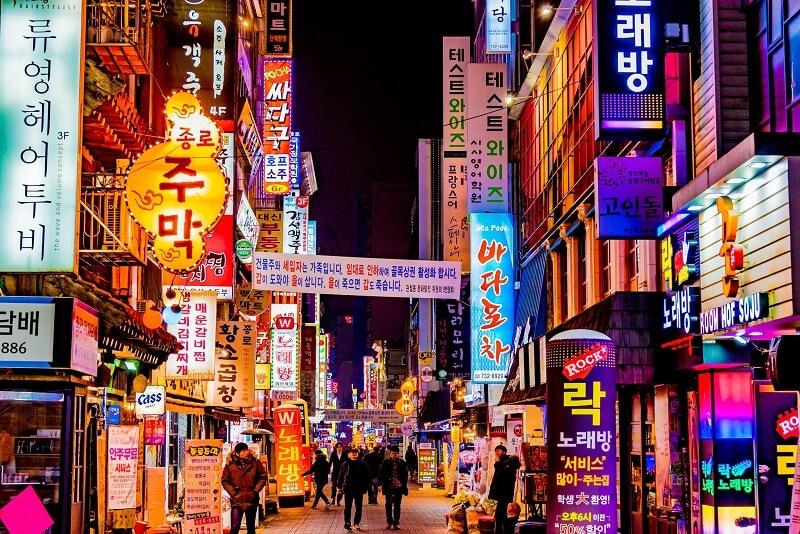
South Korea is a dynamic country known for its technological advancements, vibrant pop culture, and rich history. Cities like Seoul and Busan are bustling with energy, offering a mix of traditional and modern experiences. The cost of living in South Korea is moderate compared to other developed countries, with housing and transportation being relatively affordable, though prices in Seoul can be higher.
South Korea offers various visa options, including the E-series visas for professionals and the F-series visas for long-term residency. The country is renowned for its excellent healthcare system, with state-of-the-art facilities and services. South Korea’s strong emphasis on education also makes it an attractive destination for families. The cultural experience in South Korea is unique, with a blend of ancient traditions and cutting-edge trends, making it a fascinating place to live.
Vietnam
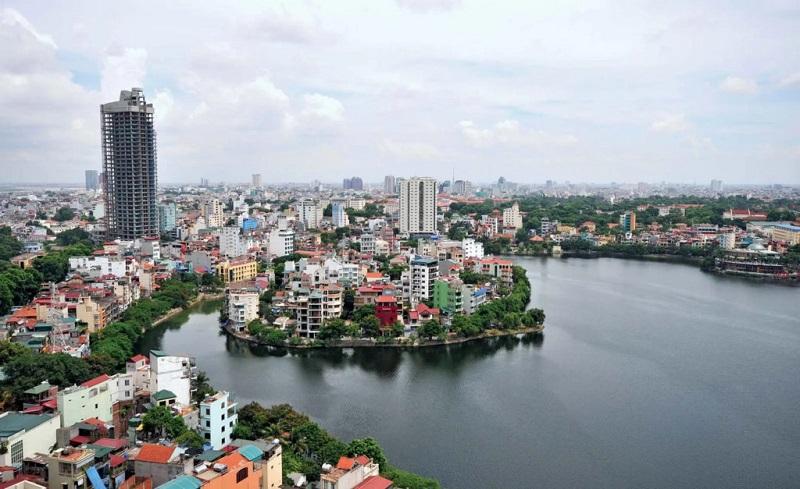
Vietnam is an emerging destination for expatriates, offering a low cost of living, a growing economy, and a rich cultural experience. Cities like Ho Chi Minh City and Hanoi are becoming increasingly popular among digital nomads, entrepreneurs, and retirees. The cost of living in Vietnam is one of the lowest in Asia, with affordable housing, food, and transportation.
For those looking to relocate, Vietnam offers various visa options, including business and work visas. The country is known for its friendly locals, vibrant street life, and stunning landscapes, from the rice terraces in Sapa to the beaches in Da Nang. While English is becoming more common in urban areas, learning some basic Vietnamese can enhance the living experience. Vietnam’s economic growth and increasing openness to foreign investment make it an exciting place to live and work.
Conclusion
Asia offers a wide range of relocation options, each with its unique advantages and challenges. Whether you are drawn to the modernity of Japan, the financial hub of Singapore, the affordability of Thailand, the cultural diversity of Malaysia, the innovation of South Korea, or the emerging opportunities in Vietnam, there is a destination in Asia that can meet your needs.
